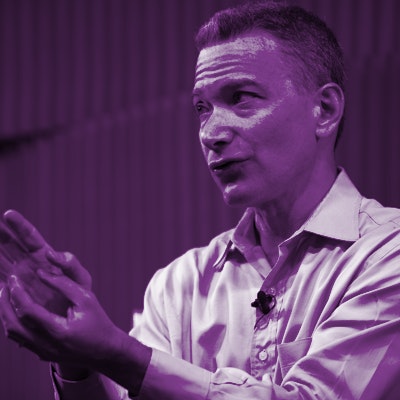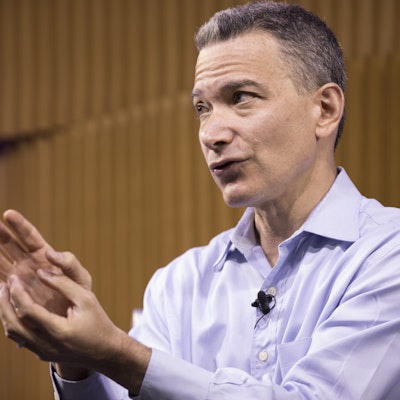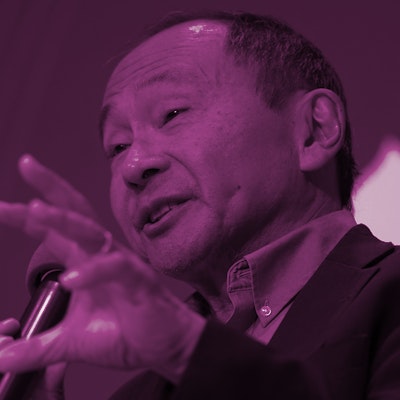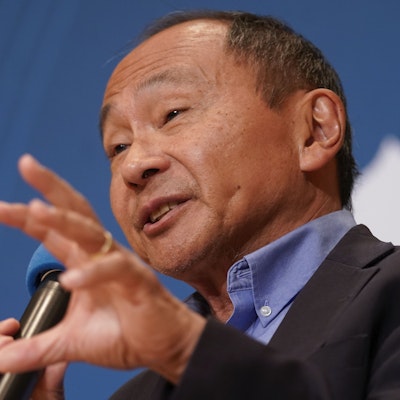
While the image of the mob that the Framers had in mind was torches and pitchforks, now it’s clicks and screens.
Show Notes
America’s Founders didn’t envision activist groups mobilizing on social media and disinformation spreading across the internet. Thanks to the web, new threats to democracy — like the January 6th attack on the US Capitol — have emerged. Following a similar deadly march in 1787, the Founders questioned the strength of the democracy they built. Shays’s Rebellion led to more support among the Founders for a stronger national government. But the protective barriers they thought would safeguard democracy are being tested in an online era. Nate Persily, professor of law at Stanford, talks with Jeffrey Rosen, president of the National Constitution Center, about why passion may be eclipsing reason and how the internet may be to blame.
Click here to read a transcript of the show.
As a 501(c)(3) nonprofit organization, the Aspen Institute is nonpartisan and does not endorse, support, or oppose political candidates or parties. Further, the views and opinions of our guests and speakers do not necessarily reflect those of the Aspen Institute.
Learn More
Additional Information
Explore
Related episodes


Last year Russia infiltrated the digital networks of federal agencies and many of America’s largest corporations, and last week’s armed insurrection on the US Capitol was fomented through disinformation campaigns on social media.


James Madison would be horrified to see how social media has helped unleash populist passions.


Liberal democracies are threatened by nationalist populist leaders and identity politics says Stanford professor Francis Fukuyama.


What can fix a democracy in crisis?


The truth is under assault in America, according to Marty Baron, editor of The Washington Post






